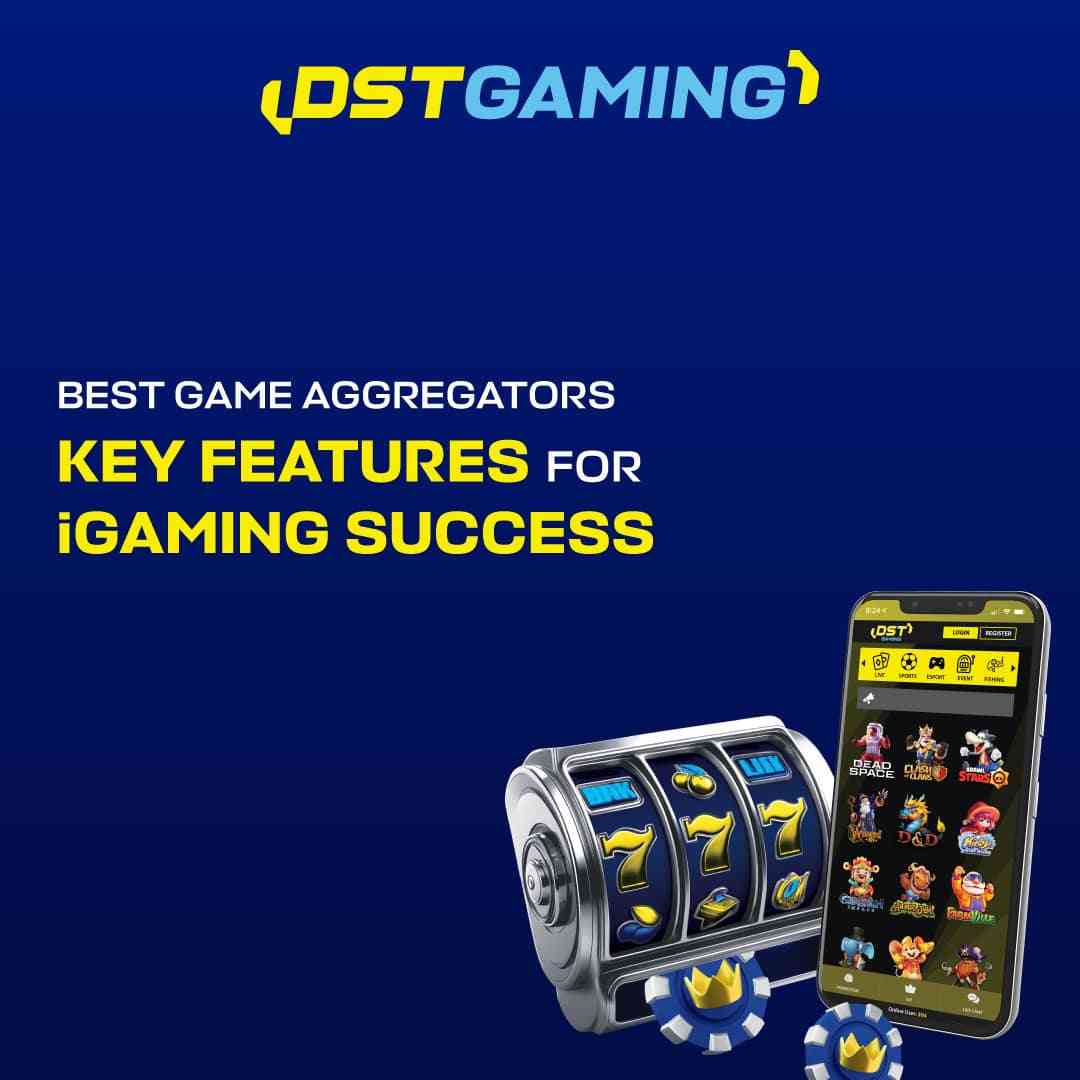
In addition to its trendsetter, Bitcoin has become an ever-growing army of supporters and spinoffs, creating a surge of cryptocurrencies integrated into a decentralized Peer-to-peer network. For more accurate information, visit https://cfd-trader.io/
How are these Cryptocurrencies?
We will step back and briefly look at what we mean by words including cryptocurrency and altcoin before looking more closely at these alternatives to Bitcoin. At the same time, a vast majority of cryptocurrencies are still completely immaterial after they have gone into the actual world with bank cards or other ventures.
Cryptographic reference is too complex encryption in cryptocurrencies that allows digital currency to generate and operate through decentralized networks. A shared commitment to decentralization is beside this essential "cryptal" aspect of such coins:
The coding of cryptocurrencies is generally created by teams that build on issuance methods (often, but not always, throughout a process called "mining") and other restrictions.
Ethereum (ETH)
- In Conversation with Trevor: ICT guru Stafford Masie speaks out
- In Conversation with Trevor: ICT guru Stafford Masie speaks out
- Cryptocurrency could revolutionize banking in Zimbabwe
- Cryptocurrency could revolutionize banking in Zimbabwe
Keep Reading
Ethereum is the first Bitcoin rival on our list. This decentralized software platform allows intelligent contractual and decentralized (app) applications to be constructed and run without third-party downtime, fraud, or control. This feature makes the consequences more appealing for those who in some countries have no access to funds, loans, insurance, or several other financial goods without public infrastructure and government identity.
Litecoin (LTC)
Litecoin, introduced in 2011, was the first to follow in Bitcoin's footsteps, sometimes known as "Bitcoin silver gold." MIT graduate Charlie Lee and ex designed it - google Engineer. Although Litecoin is in many aspects similar to Bitcoin, its block rate is quicker, giving a faster time to confirm the transaction. Litecoin will be the seventeenth-largest cryptocurrency globally by September 2021, with a market capitalization of $4 billion or a total value of approximately $190.
Cardano (ADA)
Cardano using the research approach of engineers, mathematicians, and cryptography specialists as a "proof-of-stake" cryptocurrency from Ouroboros. Charles Holley, one of the very first five founders of Ethereum, co-founded this project. He quit and helped establish Cardano after having some discrepancies about Ethereum's destiny.
Through comprehensive experiments and peer-reviewed research, Cardano developed its blockchain team. More than 90 articles have been produced by the academics behind the project on blockchain technology on different issues.
Polkadot
Its protocol aims to connect authorized blockchains with permission-free oracles so that systems can function under one roof together. The critical element of Polkadot is the relay chain that makes different networks interoperable. Polkadot differentiates from Ethereum; the developers can construct their blockchains rather than merely creating decentralized applications on Polkadot. With Ethereum, developers may build new blockchains. Still, they need to develop their security protocols to attack smaller and new projects because the more significant the blockchain, the greater the security. It is known as common security in Polkadot.
Bitcoin Cash
In the realm of crypto-currency, discussions between authors and miners are the outcome of a fork. It is one of the other most successful hard forks of the original Bitcoin, Bitcoin Cash (BC H) has a crucial position in the history of cryptocurrencies. Because digital currencies are decentralized, wholesale modifications to the code that underlies a token or coin should be by general agreement, the procedure of which differs for each crypto-currency.
Stellar
Stellar is an integrated blockchain network that provides corporate solutions for significant transactions by linking financial institutions. The type of massive transactions between bankers' companies – traditionally lasting a few days and costing a great deal of money, with many intermediaries – may now be done very instantly without intermediaries. Although Stellar is positioned as an institutional and business blockchain, it is an open blockchain for everyone to utilize. The technology enables transactions between all currencies across borders.
Chainlink
Chain Link is an oracle network that bridges between intelligent contracts like those at Ethereum and external data. Decentralized oracles of Chain Link enable the use of smart contracts with external data, just so the arrangements are carried out based on data with which Ethereum cannot link itself.
The blog for Chain Link discusses many applications of its system. Monitoring water sources for contamination or illegal siphoning in some places is one of the numerous use cases described. Incorporations, water tables, and municipal water bodies may all have sensors installed to keep tabs on their usage. This data might be tracked by a Chain Link oracle and included straight into a smart contract. Incorporating the oracle's data into the smart contract may be used for various purposes, including issuing flood warnings to cities and billing corporations for excessive use of a city's water supply.










